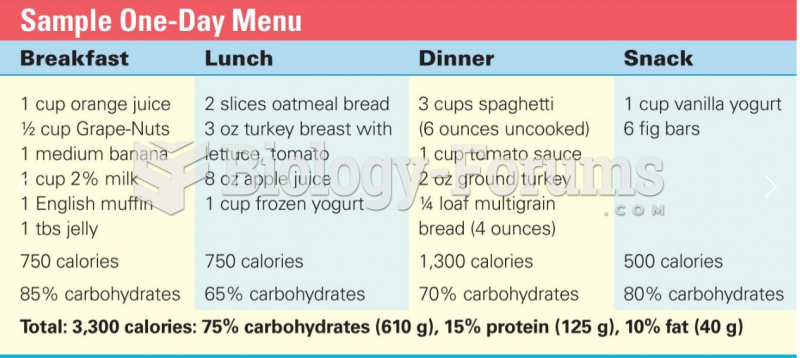Answer to Question 1
competition, price sensitivity, perceived value, product differentiation
Answer to Question 2
Oral reprimandWhen a team member makes an immediate change in the way something is
done or breaks a minor rule, an oral reprimand may be appropriate. In general these reprimands
should be made in private, away from other team members. The rule is to discipline in private,
praise in public. The chef supervisor should ensure that he or she makes clear and specific what
should be stopped (or started). Remember, most people fear public embarrassment more than the
discipline action itself. In the course of the reprimand, be firm and fair. Do not argue or debate
side issues, and treat the individual with respect. There are times, however, when it is necessary
to reprimand instantly without first considering an individual team member's sensitivity. This
concerns misconduct in the critical area of food sanitation and safety. Because of potential
hazardous risks to public health, the chef supervisor should react immediately. When this
happens, it is best to soften the reprimand as much as possible. The important point is to stop the
team member from continuing the harmful action. As with all elements of discipline, actions
requiring reprimands should always be documented.
Written reprimandFor the second offense, the team member receives a written reprimand.
This typically informs the team member that his or her conduct is in violation of rules or
procedures and that further violations will result in suspension or loss of pay. Additionally, this
reprimand is placed in the team member's personnel file. Copies of this reprimand are also given
to the union steward if this is applicable. If the team member is probationary, the letter will
usually indicate that improved performance is necessary. Probation is usually handled in writing
so that a written record exists in the event that termination is necessary if the required
improvement does not occur.
SuspensionViolation s of rules and minor illegal acts often are treated with a temporary layoff
or suspension. This suspension is without pay and consistent with the seriousness of the offense.
The details are written and given to the individual. This written communication indicates also
that another violation will call for discharge.
TerminationWhen, after the third offense, it appears that there is little chance of bringing the
individual's performance up to an acceptable level, termination may be the best course of action.
It is presumed that the team member has been given every opportunity to conform.







